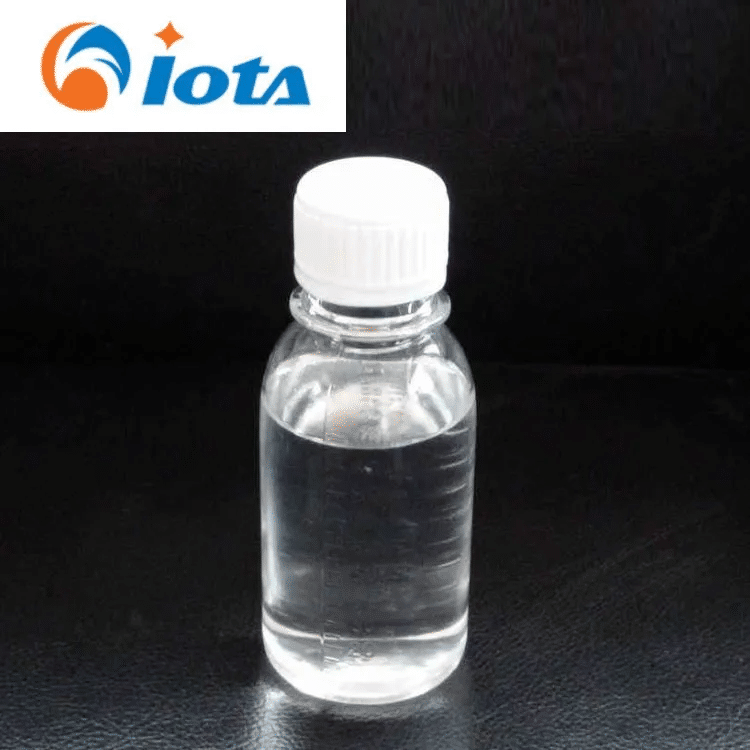On August 12, 2025, Shanghai - With the acceleration of global climate governance, the silicone industry is experiencing an unprecedented green revolution. As the world's largest producer of organosilicon, China has recently made breakthrough progress in low-carbon technology. The "Siloxan Closed Loop Recycling System" jointly developed by multiple enterprises has passed international certification, marking the industry's official entry into the era of circular economy.

Technological breakthrough: from linear production to closed-loop circulation
In the traditional production process of organosilicon, the synthesis of siloxane monomers produces about 15% of by-products, some of which contain high processing costs for chlorinated organic compounds. A joint research project led by a national laboratory and involving multiple enterprises has successfully developed catalytic cracking recombination technology, which can re depolymerize siloxane chain segments in waste into monomers with a recovery rate of 92%. This technology has been applied to a production line with an annual output of 100000 tons, reducing carbon dioxide emissions equivalent to planting 3 million fir trees annually.
Market restructuring: high-end applications account for over 40% of the market
According to data from the China Fluorosilicon Organic Materials Industry Association, the proportion of high-end organic silicon products in China will jump from 28% in 2020 to 41% in the first half of 2025. Among them, the demand for silane coupling agents for photovoltaic film increased by 65% year-on-year, and the sales of sealing materials for new energy vehicle battery packs exceeded 80000 tons. The "self-healing silicone rubber" developed by a leading enterprise can achieve automatic micro crack healing in an environment of -40 ℃ to 150 ℃, and has been applied to the sealing of solar panels in spacecraft.
Policy driven: Carbon tariffs force industrial upgrading
The upcoming implementation of the Carbon Border Adjustment Mechanism (CBAM) by the European Union has a significant impact on the organic silicon industry. Taking D4 (octamethylcyclotetrasiloxane) as an example, Chinese export products require an additional carbon tax of 12 euros per ton. To address the challenges, industry associations are promoting the establishment of a full lifecycle carbon footprint database, with an expected completion of data verification for the first 50 companies by 2026.
